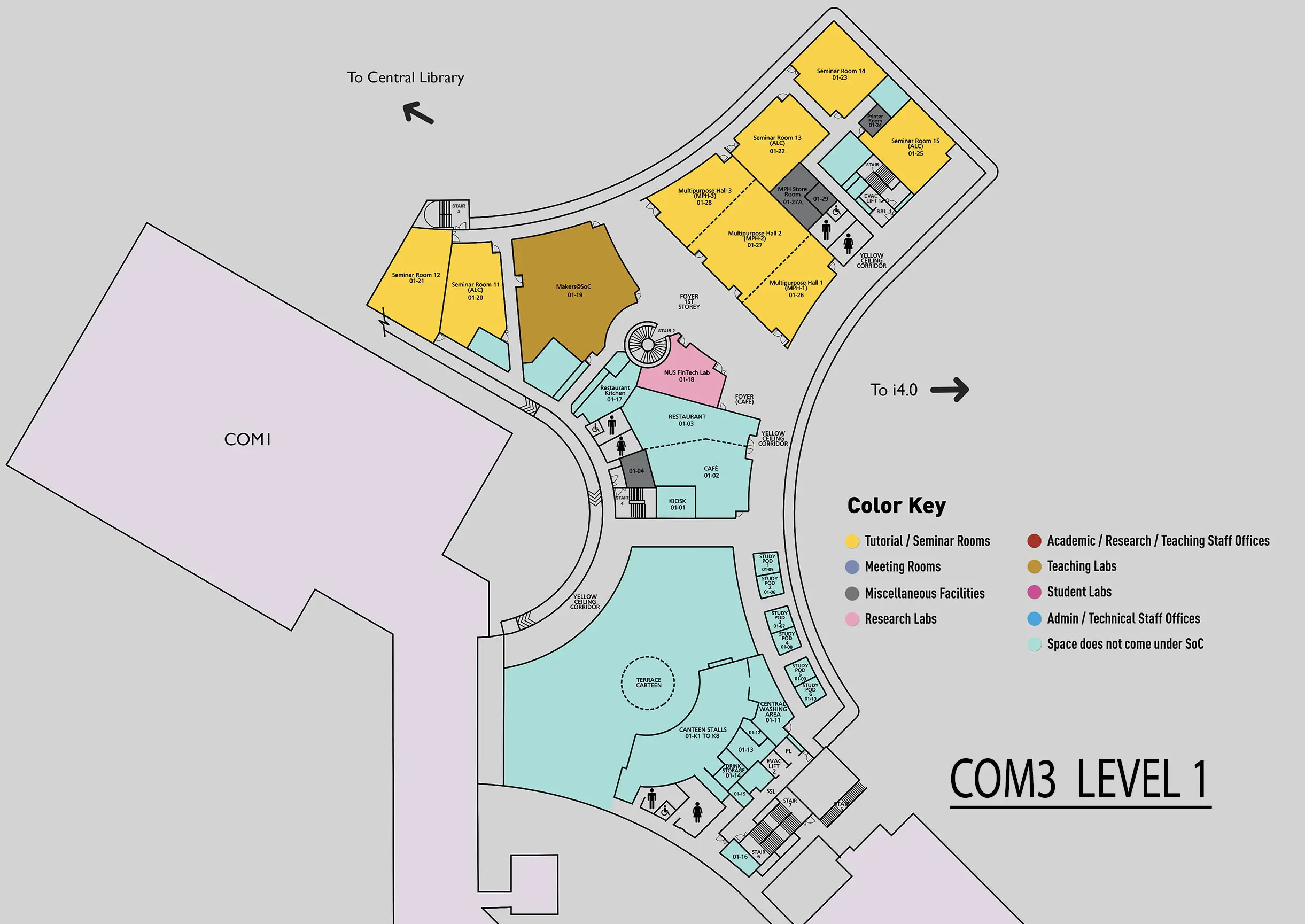Visual motion processing in biological and artificial systems
COM3 Level 1
SR14, COM3 01-23

Abstract:
In numerous species of the animal kingdom and notably in primates, visual motion processing is crucial for survival. It notably permits to estimate the 3D trajectories of objects in the environment or to monitor heading and inner speed during navigation. In this talk, I will present recent works from my group which investigated how visual motion and particularly optic flow is processed in the primate brain. I will first describe the results of neuroimaging experiments realized in both humans and macaques which determined the cortical networks processing optic flow in these two species and suggest that they are very similar. I will then present psychophysical results showing how optic flow processing is affected in normal and pathological (patients with macular degeneration) aging. I will finally show how a better understanding of the computational mechanisms underlying motion processing in primates can permit to design energy energy-efficient artificial vision systems with technological and clinical applications.
Bio
Benoit is a CNRS research director and an expert in biological and artificial vision. He was originally trained as a signal processing engineer before to complete a PhD in computational neurosciences at Paris XI University and a post-doctoral fellowship at Stanford University (USA). Benoit now leads the SV3M (‘Spatial Vision in Man, Monkey and Machine’) group at CerCo laboratory (UMR 5549, Toulouse, France) and is in charge of the Neuroscience master program at Toulouse III University. He also supervises the efficient AI research program at IPAL (IRL 2955, Singapore).

